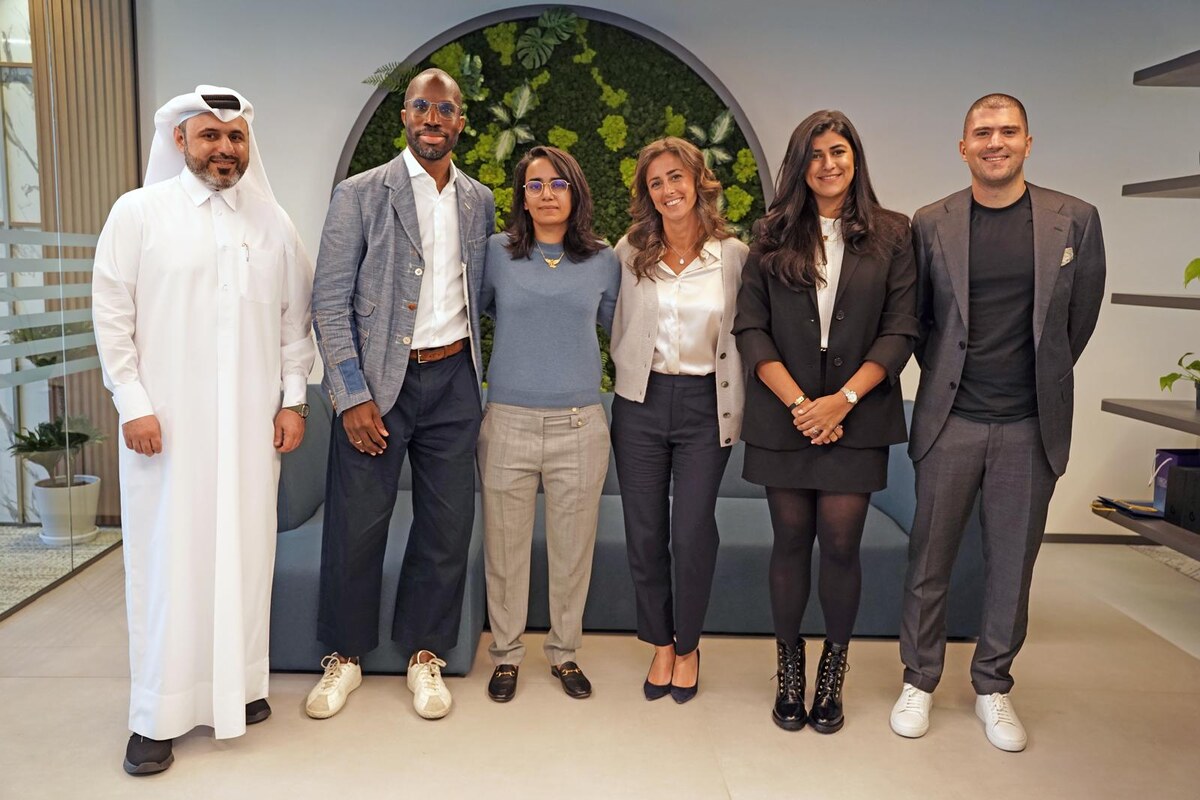RIYADH: Non-oil business activity in the UAE surged in December, with the Emirates’ Purchasing Managers’ Index jumping to a nine-month high of 55.4, up from 54.2 in November, an economy tracker showed.
According to S&P Global, the robust expansion was driven by strong demand conditions, underscoring continued growth in the non-oil private sector.
The performance aligns with the UAE’s broader diversification strategy under its Vision 2031, which focuses on expanding the non-oil sector and promoting industries such as manufacturing, tourism, and technology to ensure sustainable economic growth.
“The UAE saw its best expansion in non-oil business conditions for nine months in December, with the latest PMI data closing out another year of continuous growth and putting the sector in a strong position for 2025,” said David Owen, senior economist at S&P Global Market Intelligence.
Any PMI readings above 50 indicate growth in the non-oil sector, while readings below 50 signal contraction, S&P Global noted.
Non-oil business owners surveyed said buoyant market conditions helped them secure new clients and larger order books. However, staffing levels rose at one of the slowest rates in more than two-and-a-half years.
“Capacity levels remain under considerable stress, however, illustrated by another marked increase in backlogs of work. Recruitment appears to be the limiting factor — the pace of employment growth was barely changed from November’s 31-month low,” said Owen.
He added that rising costs and margin pressures discouraged firms from ramping up staffing levels despite growing workloads.
Input costs increased during December, although inflation eased to its softest pace since March. Meanwhile, optimism among non-oil firms about future growth ticked down for the second consecutive month.
Dubai’s PMI also reached a nine-month high of 55.5 in December, up from 53.9 in the previous month.
The emirate saw faster expansions in output and new orders, reflecting stronger client demand and busy market conditions.
“In both cases, rates of growth were stronger than those observed at the UAE level,” said S&P Global.
However, the report highlighted weaker optimism among non-oil business firms in Dubai regarding the coming year, with confidence falling to its lowest level since May 2021. Only 6 percent of surveyed companies anticipated output growth in 2025.
The UAE’s performance highlights the success of economic diversification strategies across Gulf Cooperation Council nations, which continue to reduce reliance on oil revenues.
The region’s positive trend extended to Saudi Arabia, where the December PMI hit 58.4, driven by a sharp increase in new orders. The Kingdom’s PMI has remained above the neutral 50 mark since September 2020, underlining sustained expansion in the non-oil private sector.
Egypt’s PMI falls below 50
In contrast, Egypt’s PMI dropped to 48.1 in December from 49.2 in November, signaling a sharper contraction in private sector activity. Subdued client demand led to the steepest decline in output in eight months, particularly in the construction, wholesale, and retail sectors.
The analysis noted that activity in the services sector remained relatively stable, benefiting from a steadier level of new business compared to other monitored sectors.
“The latest Egypt PMI data showed that the non-oil private sector’s anticipated recovery is unlikely to be without its setbacks in 2025. With the Egyptian pound deteriorating against the US dollar, breaching the 50-per-dollar mark in early December, businesses reported higher prices and a slump in demand, leading to the fastest decline in operating conditions since last April,” said Owen.
He added: “The downturn meant that firms were less keen to raise their own charges in the face of accelerating cost burdens, instead tightening their margins in a bid to salvage orders.”
Egyptian businesses expressed improved optimism toward the end of 2024, anticipating better domestic and geopolitical conditions in 2025. However, inflationary concerns remained a significant headwind for many firms.
Kuwait’s non-oil sector continues growth momentum
In another report, S&P Global said Kuwait’s PMI stood at 54.1 in December, marginally down from 55.9 in November but still above the neutral 50 mark.
The survey suggested that the PMI reading signaled a solid improvement in business conditions and the third-strongest since September 2018.
The analysis added that companies operating in Kuwait’s non-energy sector posted a further rapid increase in new orders in December.
“Kuwait’s private sector backed up November’s strong performance with further rapid growth in the final month of 2024. Rates of increase in new orders and output were only slightly slower than those seen in the previous month,” said Andrew Harker, economics director at S&P Global Market Intelligence.
He added: “Alongside advertising and competitive pricing — the twin engines of growth we have seen for some time now — firms also highlighted the positive impact of visitors arriving for the Arabian Gulf Cup.”
According to the report, companies in Kuwait increased employment for the third consecutive month in response to rising workloads. However, the hiring in December was only marginal, having weakened slightly from November.
Survey participants expressed strong optimism for business conditions for the next year, driven by expected improvements in economic conditions.
“One slight setback in the non-oil private sector in December was that employment rose only marginally, thereby contributing to a further accumulation of outstanding business. Firms will hopefully find it easier to hire additional staff in 2025 to help them take advantage of the growth opportunities on offer,” added Harker.

























